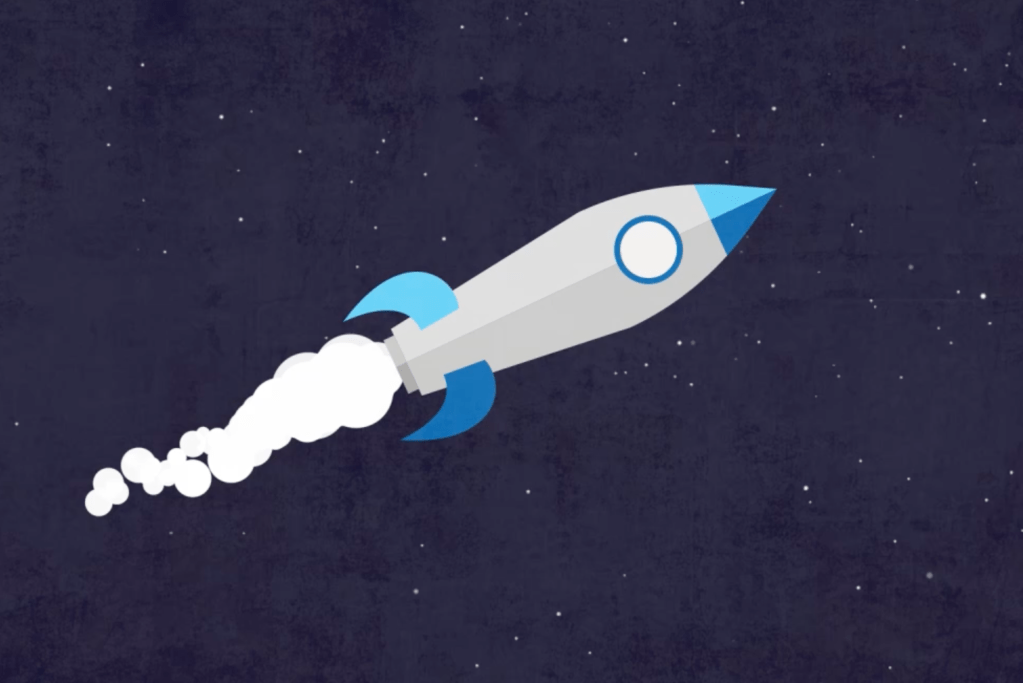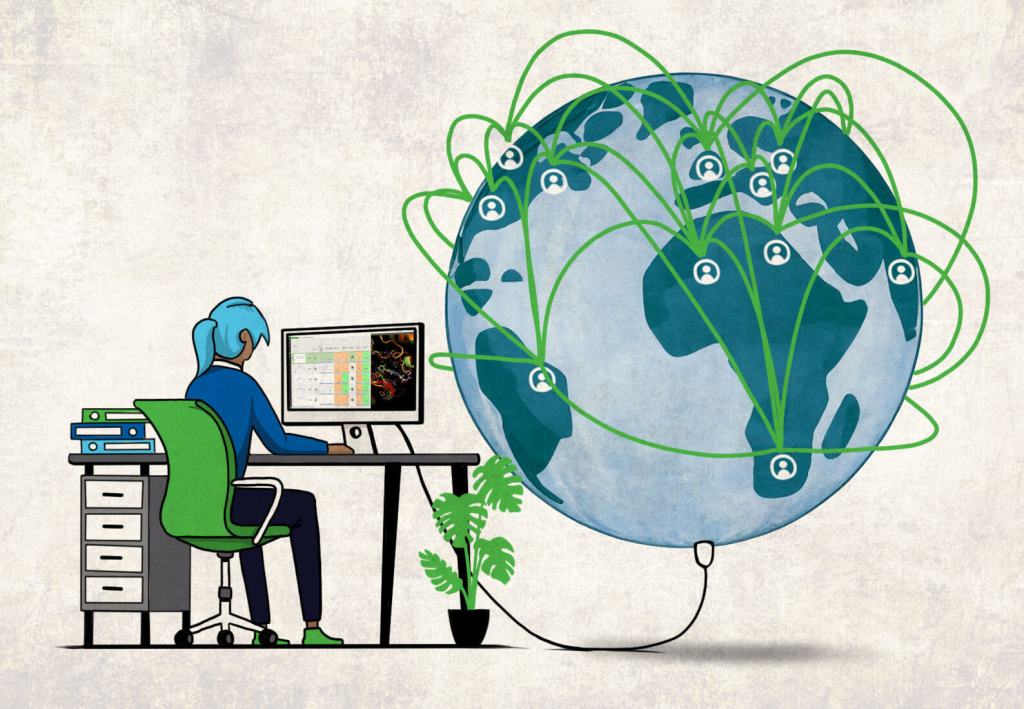- Publication
- Sep 8, 2015
Electron-poor rhenium allenylidenes and their reactivity toward phosphines: A combined experimental and theoretical study
Coletti, et al. Organometallics, 2012, 31(1), 57-69- Publication
- Sep 8, 2015
Mechanism of H2O2 decomposition on transition metal oxide surfaces
Lousada, et al. J. Phys. Chem. C., 2012, 116, 9533-9543- Publication
- Sep 8, 2015
A B3LYP-DBLOC empirical correction scheme for ligand removal enthalpies of transition metal complexes: Parameterization against experimental and CCSD(T)-F12 heats of formation
Hughes, et al. Phys. Chem. Chem. Phys., 2012, 14, 7724-7738- Publication
- Sep 8, 2015
Oxygen-evolving Mn cluster in photosystem II: The protonation pattern and oxidation state in the high-resolution crystal structure
Galstyan, et al. J. Am. Chem. Soc., 2012, 134, 7442-7449- Publication
- Sep 8, 2015
Jaguar: A high-performance quantum chemistry software program with strengths in life and materials sciences
Bochevarov, et al. Int. J. Quantum Chem., 2013, 113(18), 2110-2142- Publication
- Sep 8, 2015
Virtual screening of electron acceptor materials for organic photovoltaic applications
Halls, et al. New J. Phys., 2013, 15, 105029- Publication
- Sep 8, 2015
Theoretical and Spectroscopic Study of Nickel(II) Porphyrin Derivatives
Berrios, et al. J. Phys. Chem. A, 2007, 111, 2706-2714- Publication
- Sep 8, 2015
Unprecedented Formation of Azulenylidene Ligands by Reaction of the Vinylidene Ligand in Arylvinylidene Pentacarbonyl Complexes of Chromium and Tungsten with Alkoxyacetylenes
Hagmayer, et al. Organometallics, 2007, 26, 3791-3801- Publication
- Sep 8, 2015
Electronics and Chemistry: Varying Single-Molecule Junction Conductance Using Chemical Substituents
Venkataraman, et al. Nano Letters, 2007, 7, 502-506- Publication
- Sep 8, 2015
Bonded Exciplexes. A New Concept in Photochemical Reactions
Wang, et al. J. Org. Chem., 2007, 72, 6970-6981
Latest insights from Extrapolations blog
Training & Resources
Online certification courses
Level up your skill set with hands-on, online molecular modeling courses. These self-paced courses cover a range of scientific topics and include access to Schrödinger software and support.
Free learning resources
Learn how to deploy the technology and best practices of Schrödinger software for your project success. Find training resources, tutorials, quick start guides, videos, and more.
Other Resources


